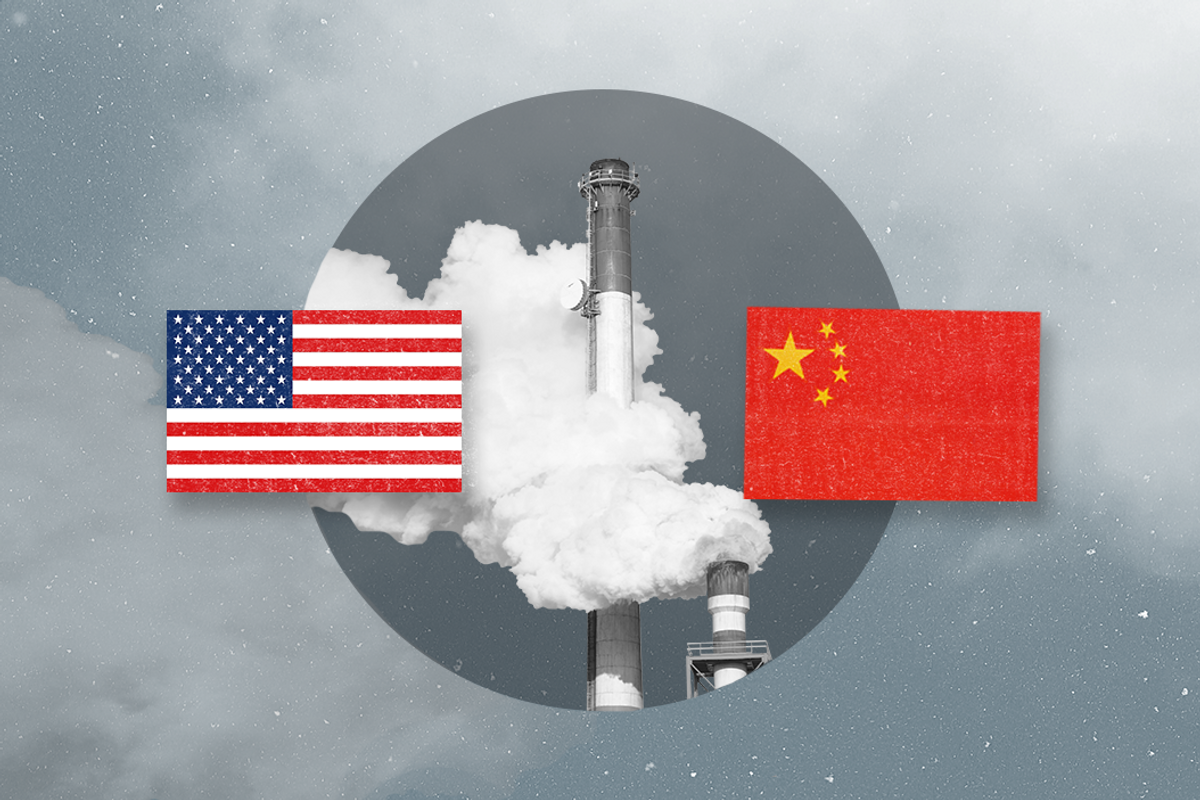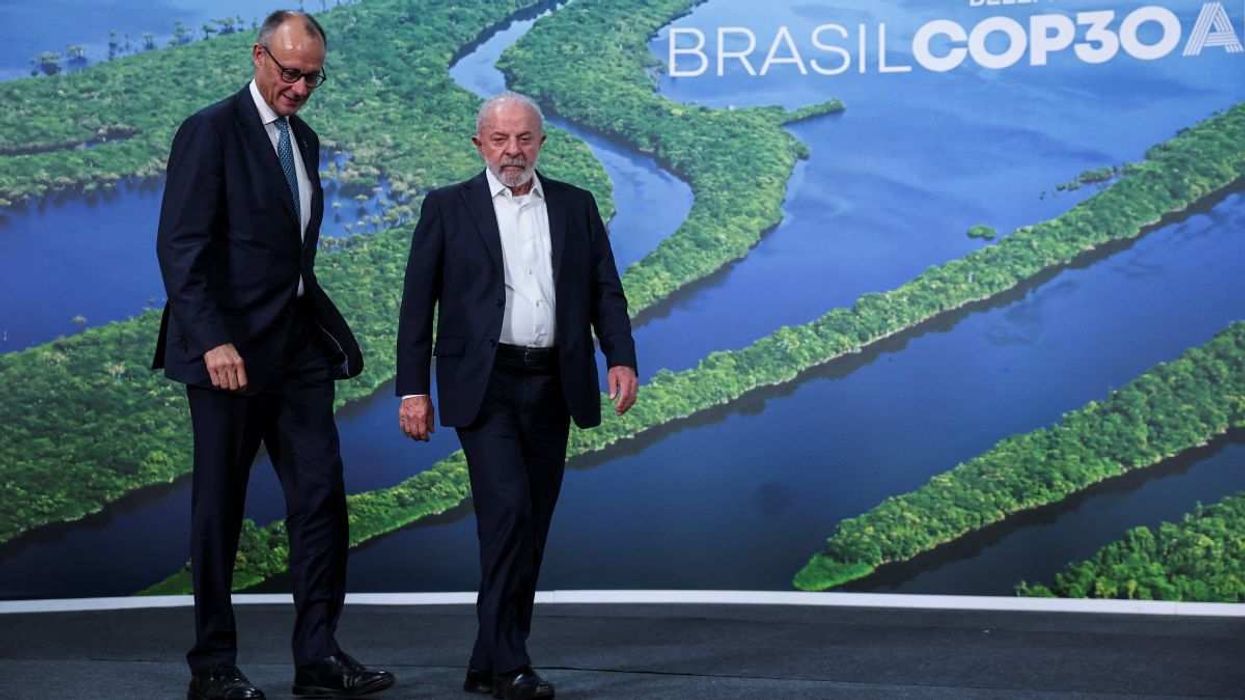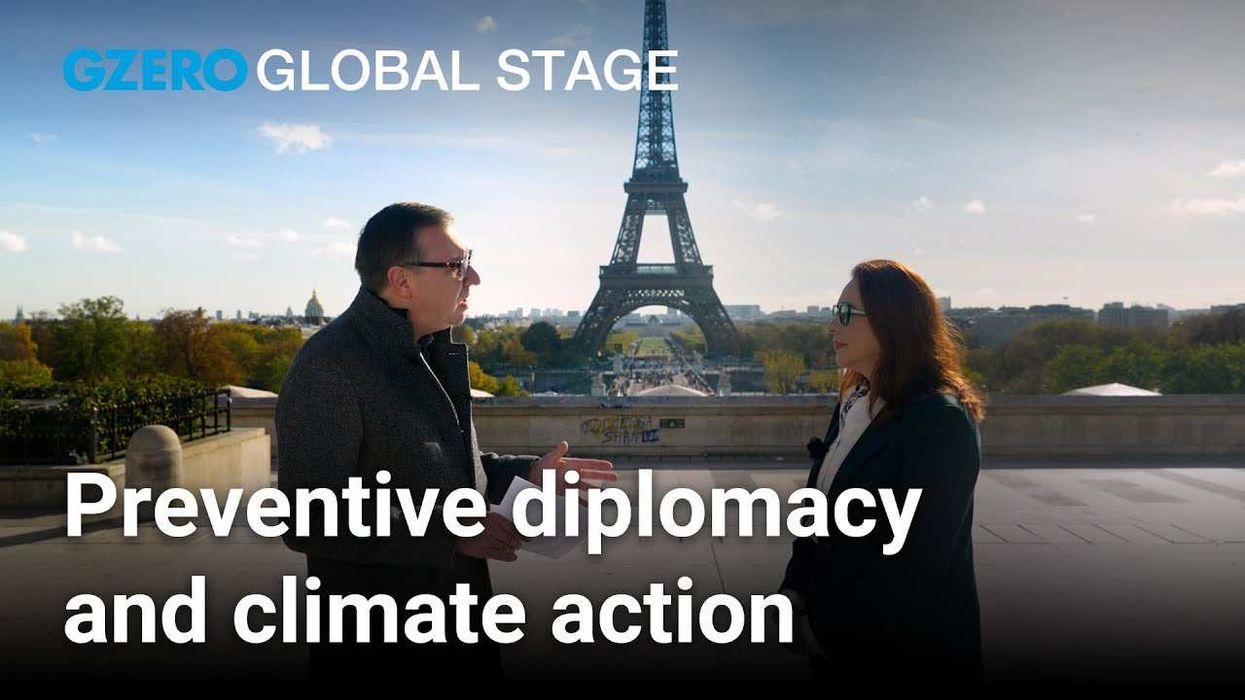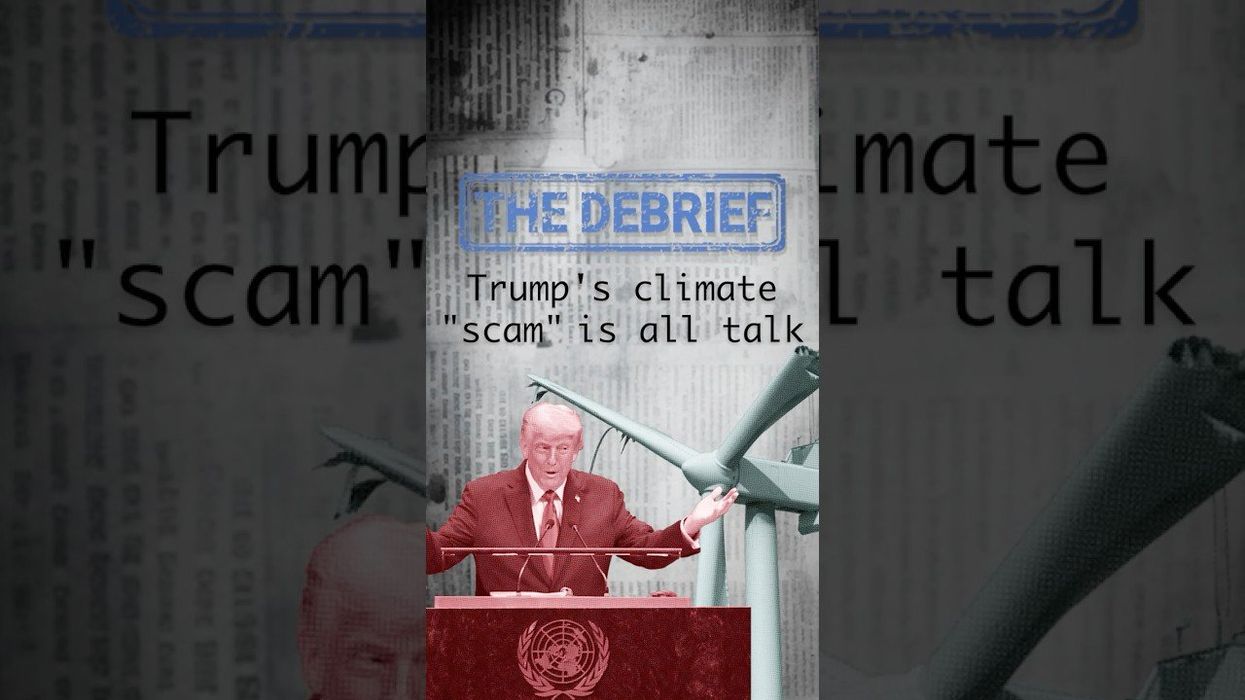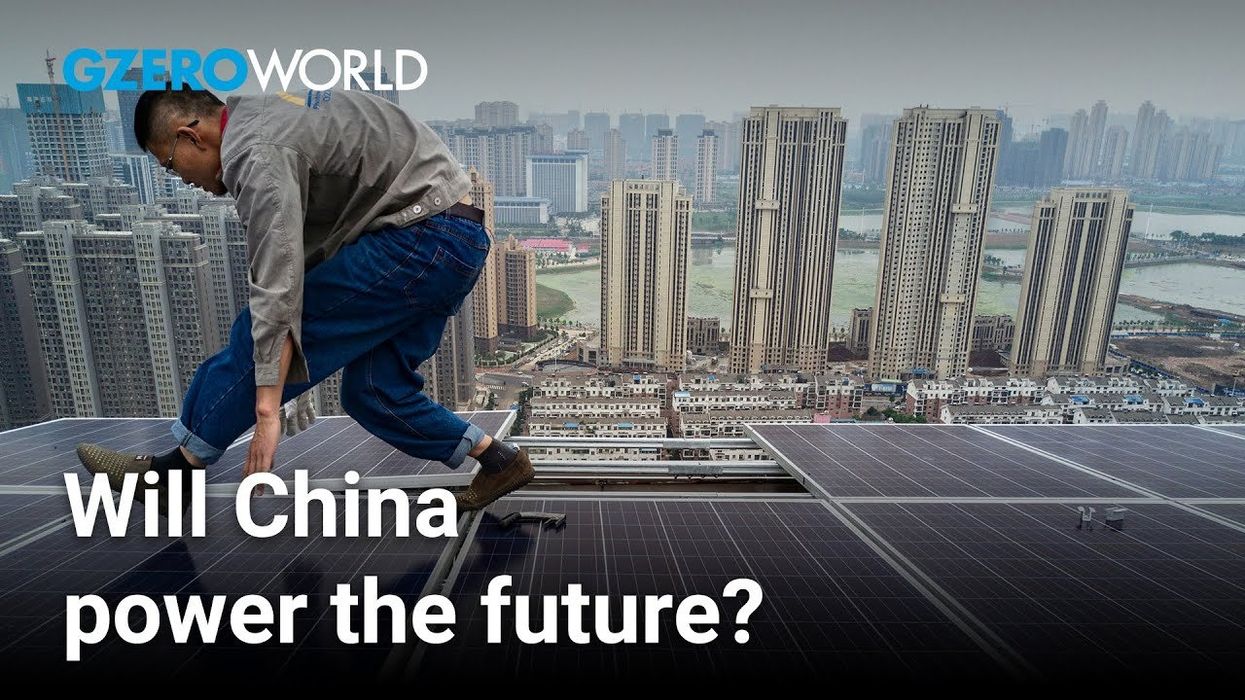US-China ties have had a rocky year so far — especially balloon-gate. But the one issue where the two sides have always sought to find common ground is climate. And as most of the planet experienced record heat waves this weekend, cooperation between the world's top two emitters of greenhouse gases feels even more urgent.
US climate czar John Kerry arrived Sunday in Beijing for three days of talks aimed at restarting a dialogue ahead of November’s COP28 climate summit in Dubai. Kerry is the third senior US official to visit China in the past month to try to ease tensions with Beijing. He wants China to do more on its Net Zero goals and contribute to a fund for rich nations to compensate poor ones for the effects of climate change.
But China is unlikely to pitch in, since the UN technically considers it a “developing” country, not a "rich" one. Beijing also resents the US for reinstating tariffs on Chinese-made solar panels and mulling a tax on foreign steel and aluminum that would hurt Chinese exporters.
What’s more, the US and China have sent mixed climate signals in the past two years. While the Biden administration has passed legislation that'll pour billions of dollars into green energy, it has also approved new plans to drill for oil and natural gas in Alaska and the Gulf of Mexico. China, for its part, has upped the percentage of renewable sources in its energy mix but is now burning coal like there's no tomorrow after the government's push to cut emissions caused power shortages.
The bigger issue is whether the US and China can make any significant progress on climate amid their broader rivalry. With neither side willing to be seen as the one making concessions even on such an existential issue, don't hold your breath.